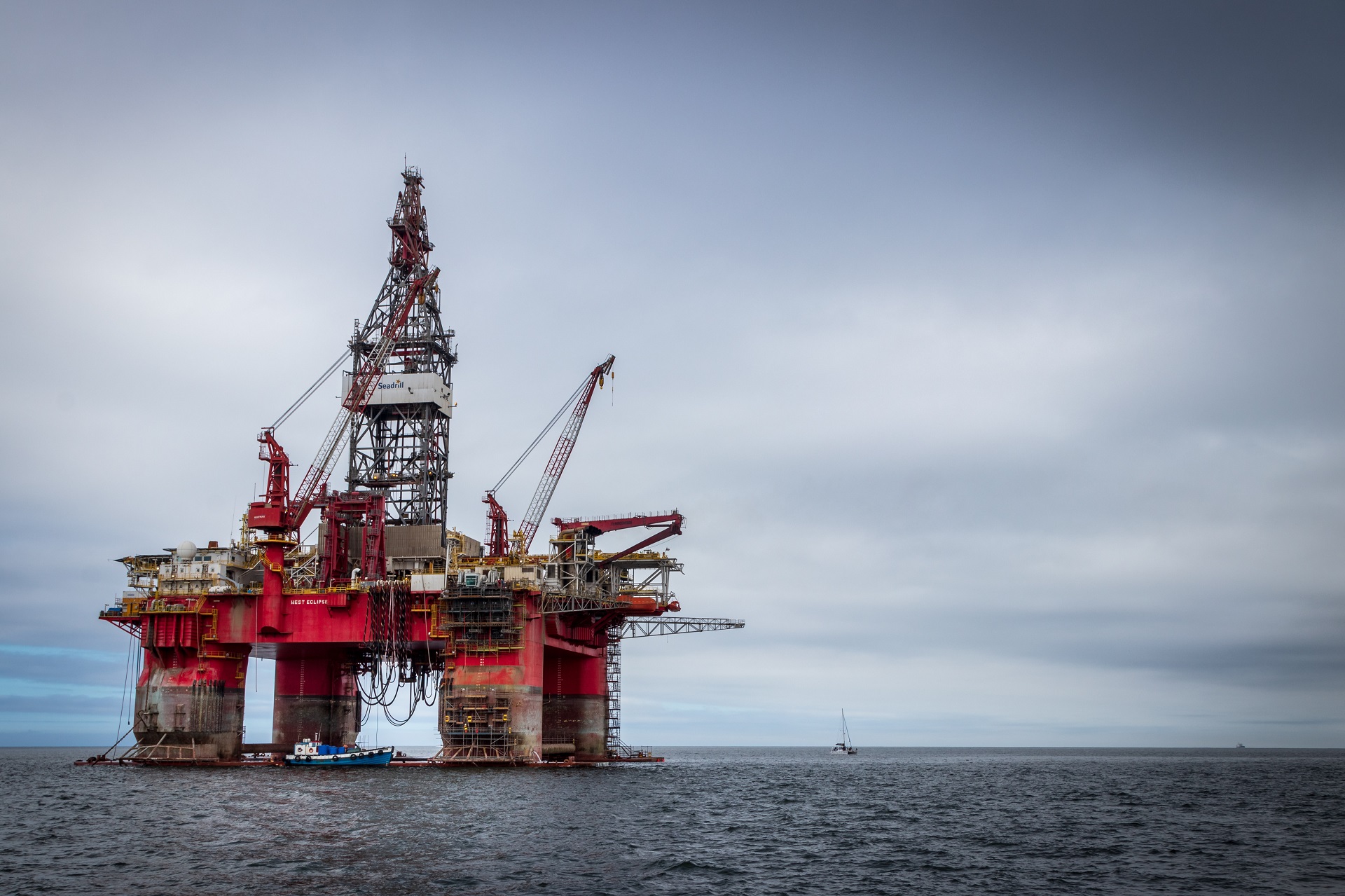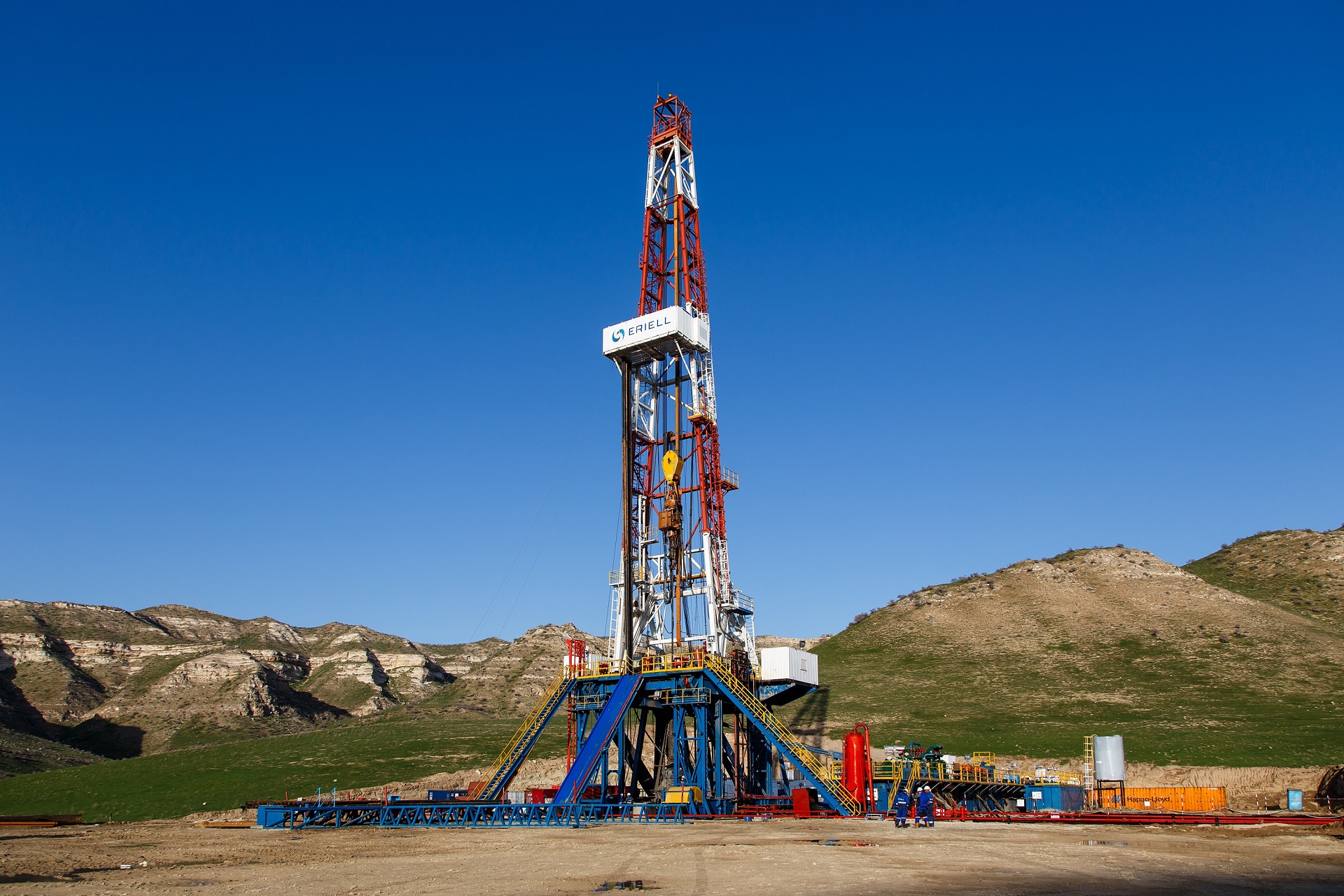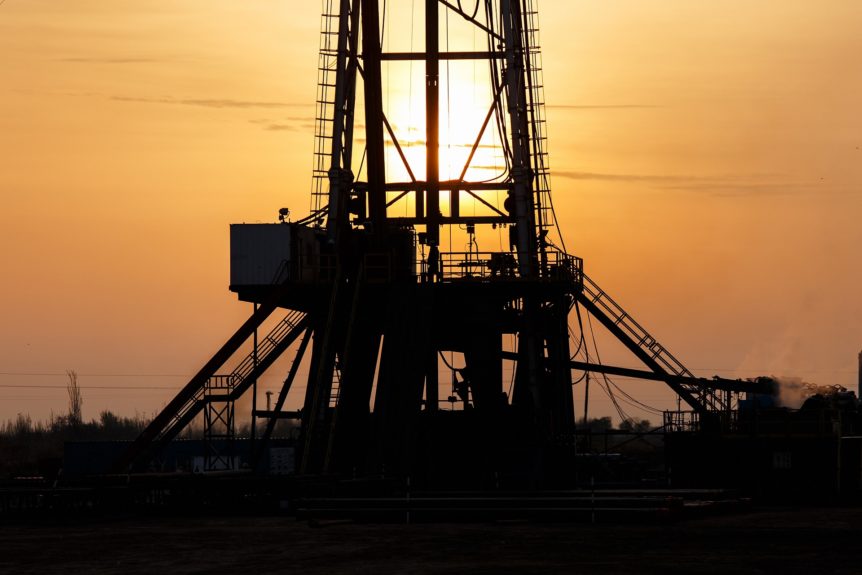It’s an accepted notion that accidents happen. However, when these accidents happen in highly skilled and specialized environments such as on oil rigs, it’s only natural that you might have some questions. Why do oil rig explosions happen? Is there anything that can be done about them and what legal recourse do you have?
If you have or a loved one has been injured in an oil rig explosion, there is a chance that you could be compensated for the loss or the trauma. First, however, the cause of the explosion must be determined.
Oil Rig Explosions Today
Perhaps the most famous of oil rig explosions today is the Deepwater Horizon oil spill that happened in the Gulf of Mexico back on April 20, 2010. Also known as the “Gulf of Mexico oil spill”, Deepwater Horizon was located approximately 41 miles off the coast of Louisiana.
What Caused the Deepwater Horizon Oil Rig Explosion?
As is the case with most disasters, there was a series of unfortunate events that led to the explosion of Deepwater Horizon oil rig, which was owned by Transocean, an offshore-oil-drilling company and leased by BP.

Documents indicate that a surge of natural gas forced itself through a concrete core that was installed in order to seal the well so it could be used later. As it turns out, this incident had occurred before another BP owned oil rig in the Caspian Sea back in 2008. The theory is that both these cores were just too weak to withstand the pressure of the gas since they were both made out of a mixture of concrete where nitrogen gas was used to accelerate the curing process.
Once that gas broke through the concrete, it traveled up the rig’s riser all the way to the platform and ignited. It killed 11 workers and injured 17. Two days later, on April 22nd, the rig capsized and sank. In doing so, it ruptured the riser eliminating the opposing force that was keeping oil and natural gas from rising. This resulted in a massive oil leak that was estimated to peak at about 60,000 barrels per day into the Gulf of Mexico.

The Oil Rig Explosion on Lake Pontchartrain
On Oct. 15, 2017, there was yet another oil rig explosion that occurred on a Clovelly Oil Company platform on Lake Pontchartrain. This accident left seven workers injured and one missing, presumed dead. The fire is believed to have been ignited accidentally by a cigarette, electrical short, friction or some other unknown source that interacted with the natural gas that fed the pipeline which powered the electric generator on the platform.
Oil Rig Explosions List
Apart from BP oil rig explosions, there have been several other explosions over the years. Some of the most notable include:
- The Piper Alpha disaster in the North Sea, UK: happened in 1988 and killed 167 people (the deadliest oil rig explosion in history)
- Alexander L. Kielland, North Sea, Norway: happened in 1980 and killed 123 people
- Usumacinta Jack-up disaster, Gulf of Mexico: happened in 2007 and killed 22 people
The list is extensive which goes to show that despite the great care and expertise shown and required on these rigs, accidents do happen and the sad fact is that oil rig accidents are often very big and deadly.
What are the Common Causes of Oil Rig Explosions?
The common causes of oil rig explosions today vary. In most cases, they fall under four main categories:
- Oil Rig Fires
- Blowouts
- Equipment Failure
- Negligence

These, unfortunately, are the inherent dangers that come with working on an oil rig. That, however, doesn’t mean that people need to shy away from working on these platforms. Should you or a loved one be unfortunate to get injured in an oil rig explosion, there is legal recourse.
What are Your Rights Under the Jones Act?
The Jones Act or the Merchant Marine Act of 1920 is protectionist legislation that provides sailors with certain legal rights should they get injured while working on sea vessels. The Jones Acts provides sailors with the ability to seek damages from the shipowner, captain or even crew in case of injury.
The Gulf of Mexico, which now has over 4,000 oil rig platform (25% of which are manned), has become one of the top producers of oil in the world. As such, the region attracts a lot of workers who have to work long hours under harsh conditions while operating heavy and dangerous machinery. Inevitably, accidents are going to happen, and when they do, these workers need somewhere to turn for legal recourse. That’s where the Jones Act comes into play.
While it is true that significant safety regulations have been put into place to protect workers, there is only so much the U.S. Occupational Safety and Health Administration (OSHA) and the Bureau of Ocean Energy Management, Regulation and Enforcement (BOEM) can do.
Since most of the accidents that have resulted in oil rig explosions, deaths and injuries have been attributing to human error, it’s essential for every oil rig worker to familiarize themselves with their right as per the Jones Act.
The Jones Act was essentially enacted to protect workers against the negligent actions of other crew members, vessel owners and supervisors. This means that if any worker gets injured when working on a sea vessel under unsafe conditions, then that worker can sue for compensation under the Jones Act. Under this act, you can sue whether:
- The oil rig explosion caused you permanent disability
- Faulty equipment caused you harm
- Your injuries were caused by the negligence of another crew member or supervisor
If you believe that you fall under any of these categories, then you should contact one of our qualified lawyers to give adequate representation under the Jones Act. You could very well be entitled to compensation. Our experts will conduct a thorough investigation to highlight what led to the injury and engage all parties involved to get you a fair settlement as per your injuries or disabilities.
